Unlocking Efficiency and Growth: A Comprehensive Guide to ERP Integrated Solutions
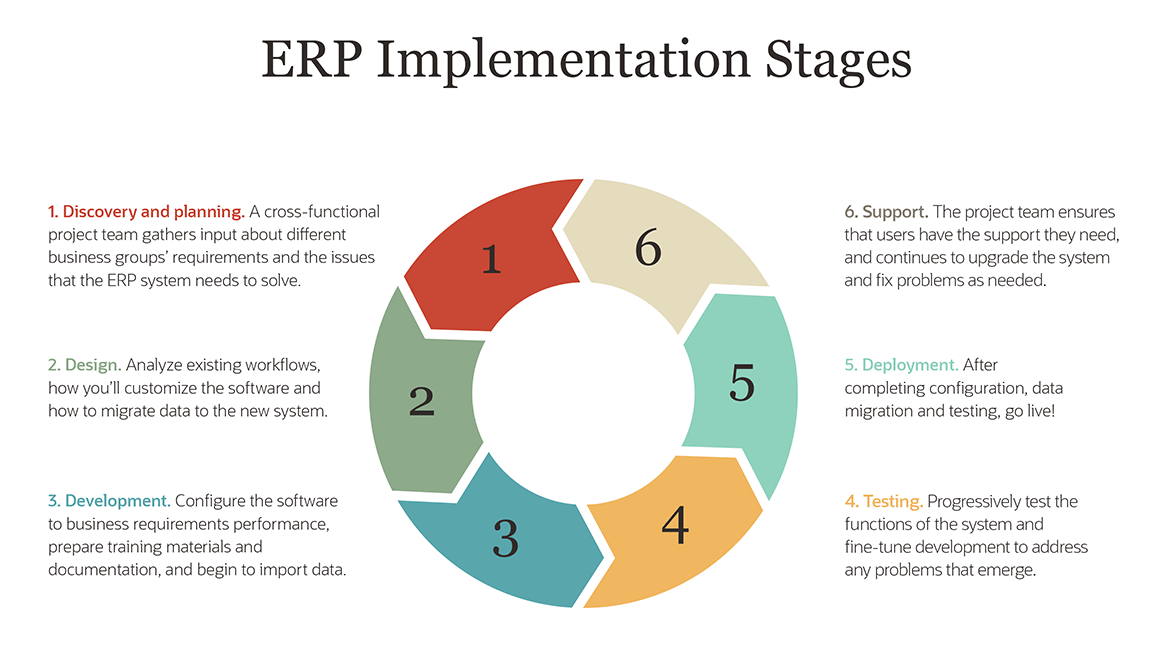 .
.
Welcome, fellow business leaders! In today’s dynamic and ever-evolving business landscape, navigating the complexities of operations and achieving sustainable growth requires a strategic approach. One powerful tool that can revolutionize your business processes and propel you towards success is Enterprise Resource Planning (ERP) integrated solutions.
Imagine a seamless flow of information across your entire organization, from sales and marketing to finance and inventory management. Imagine having real-time insights into your business performance, enabling you to make informed decisions and optimize your resources. This is the promise of ERP integrated solutions, and it’s a promise that can be realized.
ERP integrated solutions are not just software packages; they are comprehensive systems that bring together all your critical business functions into a single, unified platform. They streamline workflows, automate repetitive tasks, and provide a centralized repository for all your business data.
But the true power of ERP lies in its ability to connect disparate systems and departments, breaking down silos and fostering collaboration. By integrating your financial, human resources, supply chain, and customer relationship management (CRM) systems, ERP solutions create a holistic view of your business, allowing you to see the bigger picture and make data-driven decisions.
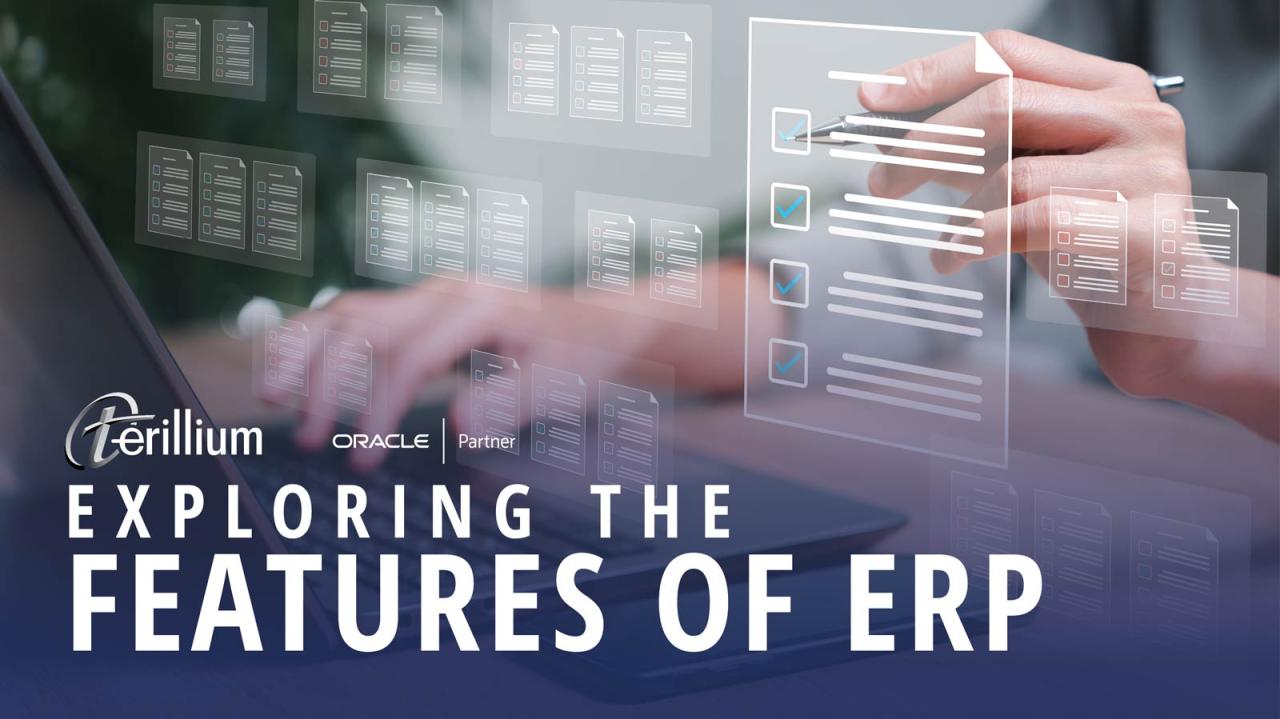 .
.
The benefits of ERP integrated solutions are numerous and far-reaching. They can help you improve operational efficiency, reduce costs, enhance customer satisfaction, and gain a competitive edge. From automating routine tasks and eliminating manual data entry to streamlining inventory management and optimizing production processes, ERP solutions empower you to focus on what truly matters: driving growth and achieving your business objectives.
But choosing the right ERP solution is crucial. It’s not a one-size-fits-all approach. You need to carefully consider your specific needs, industry requirements, and business goals. This guide will delve into the intricacies of ERP integrated solutions, providing you with the knowledge and insights you need to make an informed decision and unlock the full potential of this transformative technology.
Navigating the ERP Landscape: A Deep Dive into Key Components
1. The Core of ERP: Understanding the Fundamental Modules
ERP systems are built upon a foundation of core modules that address essential business functions. These modules are the building blocks of a comprehensive ERP solution, providing a robust framework for managing your operations.
a. Financial Management: This module is the heart of your financial operations, encompassing accounting, budgeting, financial reporting, and treasury management. It provides real-time visibility into your financial performance, enabling you to make informed financial decisions.
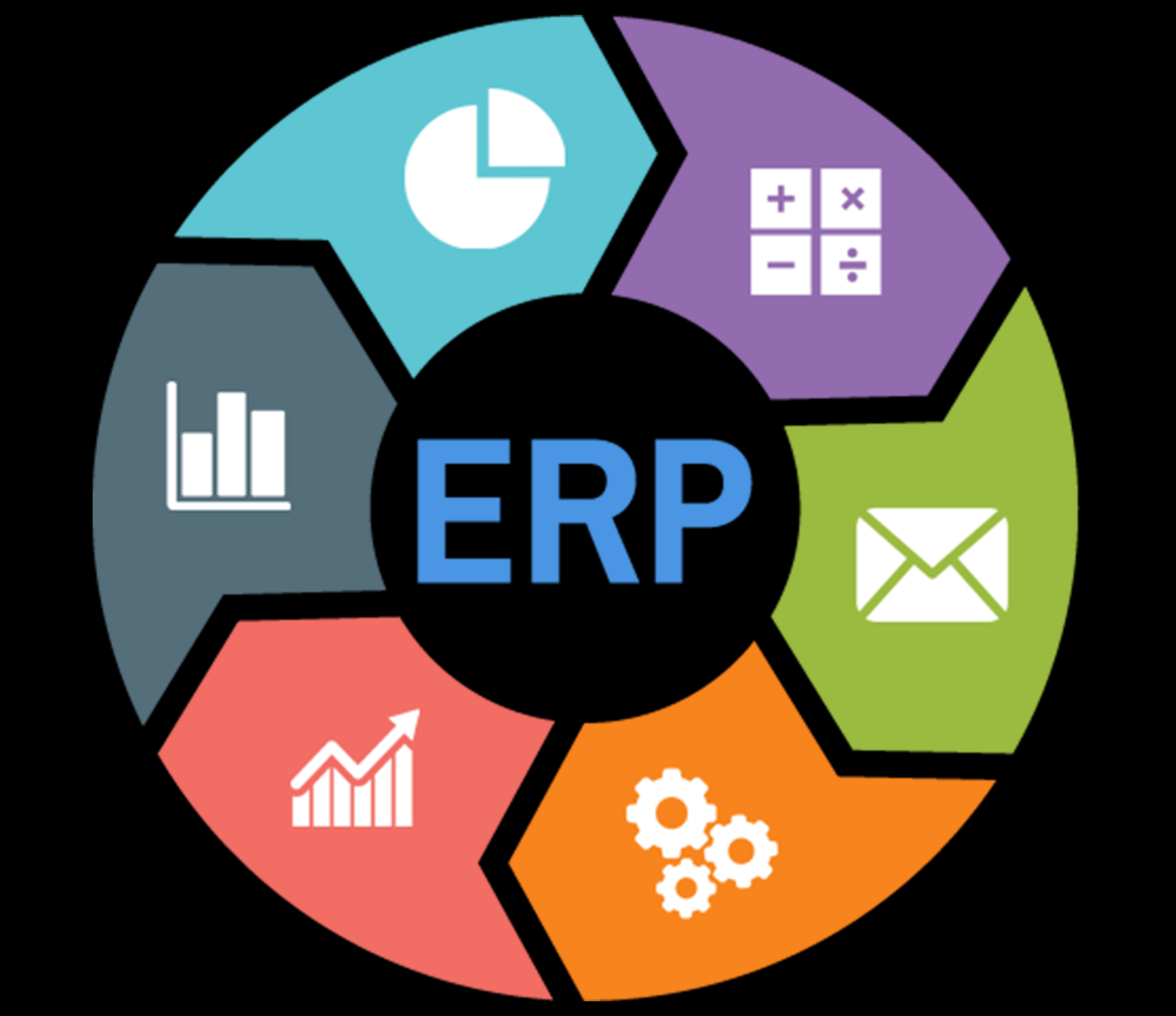 .
.
b. Human Resources Management: Managing your workforce effectively is crucial for any organization. This module streamlines HR processes, including payroll, recruitment, performance management, and employee training. It helps you optimize your human capital and ensure compliance with labor laws.
c. Supply Chain Management: In today’s globalized economy, efficient supply chain management is paramount. This module encompasses procurement, inventory management, production planning, and distribution. It helps you optimize your supply chain, reduce costs, and ensure timely delivery of goods and services.
d. Customer Relationship Management (CRM): Building strong customer relationships is essential for long-term business success. This module helps you manage customer interactions, track sales opportunities, and provide personalized customer service. It empowers you to build lasting relationships and drive customer loyalty.
e. Manufacturing Management: For manufacturing businesses, this module is essential for optimizing production processes, managing inventory, and ensuring quality control. It helps you streamline operations, reduce costs, and improve product quality.
f. Project Management: For organizations involved in project-based work, this module provides tools for planning, scheduling, tracking, and managing projects. It helps you stay on budget, meet deadlines, and ensure project success.
 .
.
2. Beyond the Basics: Exploring the Power of Integrated Solutions
While core modules form the foundation of ERP, the true value lies in their integration. Connecting these modules creates a seamless flow of information across your organization, breaking down silos and fostering collaboration.
a. The Benefits of Integration:
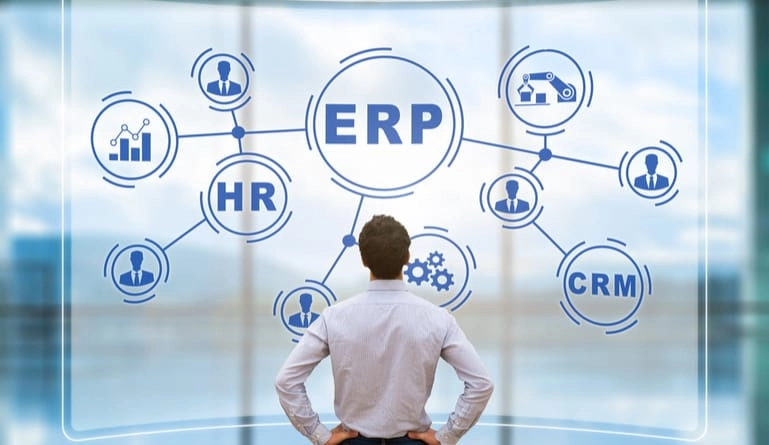 .
.
Real-Time Data Visibility: Integrated ERP solutions provide a single source of truth, giving you real-time access to data across all departments. This allows you to make informed decisions based on accurate and up-to-date information.
-
Streamlined Workflows: By connecting different modules, ERP integration automates workflows and eliminates manual data entry. This reduces errors, improves efficiency, and frees up employees to focus on more strategic tasks.
-
Enhanced Collaboration: Integration fosters collaboration by providing a shared platform for all departments to access and share information. This eliminates communication bottlenecks and promotes a more cohesive organizational culture.
-
Improved Customer Service: Integrated CRM and other modules provide a holistic view of your customers, enabling you to personalize interactions and provide better customer service.
-
Reduced Costs: By automating processes, reducing errors, and optimizing resource allocation, ERP integration can significantly reduce operational costs.
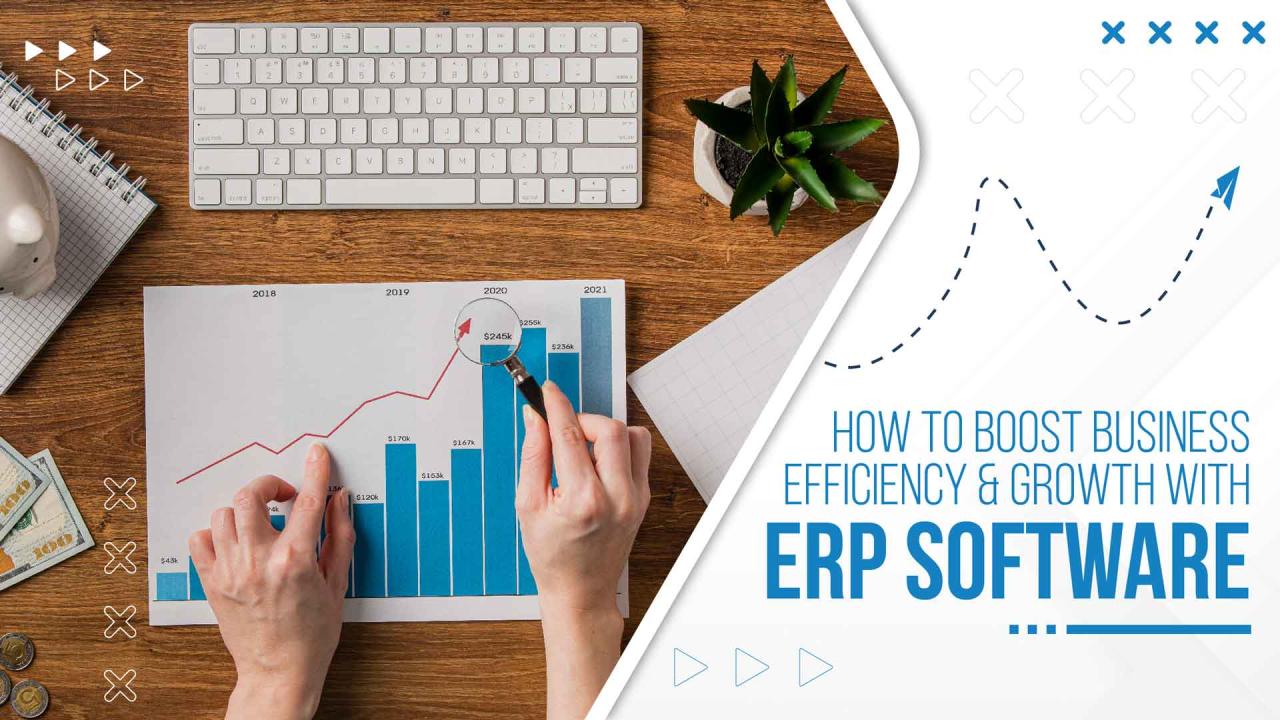 .
.
b. The Importance of Choosing the Right Integration Strategy:
-
Understanding your Business Needs: The first step is to identify your specific business needs and challenges. What are the key areas you want to improve? What are your pain points?
-
Evaluating Integration Options: There are different integration approaches available, including point-to-point integration, middleware, and cloud-based integration platforms. Choose the approach that best suits your needs and technical capabilities.
-
Considering Data Security and Compliance: Ensure that your integration strategy complies with data security and privacy regulations.
3. The Power of Customization: Tailoring ERP Solutions to Your Unique Needs
One of the key advantages of ERP integrated solutions is their flexibility. They can be customized to meet the specific needs of your industry and business.
a. Industry-Specific Solutions: ERP vendors offer specialized solutions tailored to specific industries, such as manufacturing, healthcare, retail, and financial services. These solutions incorporate industry-specific best practices and features, ensuring that the ERP system is aligned with your unique business requirements.
b. Customization Options: Many ERP systems allow for customization through configuration and development. This enables you to tailor the system to your specific workflows, processes, and reporting requirements.
c. The Importance of Customization:
-
Improved Efficiency: Customization allows you to automate processes that are specific to your business, improving efficiency and productivity.
-
Enhanced User Experience: By tailoring the system to your specific needs, you can create a user-friendly interface that is intuitive and easy to navigate.
-
Increased ROI: Customization ensures that the ERP system is a perfect fit for your business, maximizing its value and return on investment.
4. The Evolution of ERP: Embracing the Cloud and Mobile Technologies
The ERP landscape is constantly evolving, with new technologies emerging and shaping the future of enterprise software.
a. Cloud-Based ERP Solutions: Cloud ERP solutions are hosted on remote servers and accessed via the internet. This eliminates the need for on-premises infrastructure, reducing costs and increasing flexibility.
b. Mobile ERP Applications: Mobile ERP apps allow employees to access and manage business data from anywhere, anytime. This enhances productivity and allows for real-time decision-making.
c. The Benefits of Cloud and Mobile Technologies:
-
Increased Accessibility: Cloud ERP solutions are accessible from any device with an internet connection, allowing employees to work remotely and collaborate effectively.
-
Reduced Costs: Cloud ERP eliminates the need for on-premises infrastructure, reducing hardware and maintenance costs.
-
Enhanced Scalability: Cloud ERP solutions are scalable, allowing you to adjust your resources as your business grows.
-
Improved Security: Cloud providers typically have robust security measures in place, protecting your data from cyber threats.
5. The Impact of ERP on Business Growth:
ERP integrated solutions can have a profound impact on your business growth. By streamlining operations, reducing costs, and improving customer satisfaction, ERP can help you:
a. Increase Revenue: By optimizing processes and improving customer service, ERP can help you increase sales and revenue.
b. Improve Profitability: By reducing costs and improving efficiency, ERP can enhance your profitability.
c. Gain a Competitive Advantage: By leveraging real-time data and insights, ERP can help you make better decisions and stay ahead of your competitors.
d. Enhance Customer Satisfaction: By providing personalized customer service and meeting customer needs efficiently, ERP can improve customer satisfaction and loyalty.
e. Drive Innovation: By freeing up employees from routine tasks, ERP can empower them to focus on innovation and creativity.
The Advantages and Disadvantages of ERP Integrated Solutions
1. Advantages of ERP Integrated Solutions:
-
Improved Efficiency and Productivity: ERP solutions automate repetitive tasks, streamline workflows, and reduce errors, leading to significant improvements in efficiency and productivity.
-
Real-Time Data Visibility: ERP provides a centralized repository for all your business data, enabling real-time insights into your operations and performance.
-
Enhanced Decision-Making: With access to accurate and up-to-date data, you can make more informed decisions, leading to better outcomes.
-
Reduced Costs: ERP solutions can help you reduce operational costs by automating processes, optimizing resource allocation, and eliminating redundancies.
-
Improved Customer Satisfaction: ERP can enhance customer service by providing a holistic view of customer interactions and enabling personalized experiences.
-
Increased Profitability: By improving efficiency, reducing costs, and enhancing customer satisfaction, ERP can lead to increased profitability.
-
Enhanced Collaboration: ERP breaks down silos by providing a shared platform for all departments to access and share information, fostering collaboration and communication.
-
Improved Compliance: ERP solutions can help you comply with industry regulations and legal requirements by providing tools for data management, audit trails, and reporting.
-
Scalability and Flexibility: ERP solutions are scalable and flexible, allowing you to adapt to changing business needs and growth.
-
Competitive Advantage: By leveraging real-time data and insights, ERP can help you stay ahead of your competitors and gain a competitive edge.
2. Disadvantages of ERP Integrated Solutions:
-
High Initial Investment: Implementing an ERP system can be a significant investment, requiring upfront costs for software licenses, hardware, implementation services, and training.
-
Complexity and Learning Curve: ERP solutions are complex systems that require time and effort to implement and learn.
-
Data Migration Challenges: Migrating data from existing systems to the ERP can be a challenging process, requiring careful planning and execution.
-
Customization Costs: Customizing an ERP system to meet your specific needs can add to the overall cost of implementation.
-
Integration Issues: Integrating ERP with existing systems can be complex and require technical expertise.
-
Change Management Challenges: Implementing ERP can require significant changes to business processes and workflows, which can be challenging to manage.
-
Vendor Lock-In: Choosing a specific ERP vendor can create vendor lock-in, making it difficult to switch to another provider in the future.
-
Potential for Data Security Risks: Like any software system, ERP solutions can be vulnerable to security threats.
-
Limited Flexibility: While ERP systems offer customization options, they may not be as flexible as other software solutions.
-
Dependence on Technology: ERP systems rely heavily on technology, which can be a challenge if there are technical issues or outages.
A Comprehensive Summary: Key Takeaways on ERP Integrated Solutions
In essence, ERP integrated solutions are a powerful tool that can transform your business operations and drive growth. By connecting your critical business functions, ERP streamlines workflows, automates tasks, and provides real-time insights into your performance.
However, choosing the right ERP solution is crucial. You need to carefully consider your specific needs, industry requirements, and business goals.
Here are some key takeaways to guide your decision-making process:
- Identify your business needs and challenges: What are the key areas you want to improve? What are your pain points?
- Evaluate different ERP solutions: Consider the features, functionality, and pricing of different ERP vendors.
- Choose a solution that is scalable and flexible: Ensure that the ERP system can grow with your business and adapt to changing needs.
- Invest in implementation services and training: Proper implementation and training are crucial for maximizing the value of your ERP investment.
- Be prepared for change management: Implementing ERP can require significant changes to business processes and workflows.
By carefully considering these factors and embracing the power of ERP integrated solutions, you can unlock a world of efficiency, growth, and success for your business.
FAQs about ERP Integrated Solutions
1. What are the key benefits of implementing an ERP system?
The key benefits of implementing an ERP system include improved efficiency, reduced costs, enhanced decision-making, increased profitability, improved customer satisfaction, and a competitive advantage.
2. What are the different types of ERP solutions available?
There are different types of ERP solutions available, including on-premises, cloud-based, and hybrid solutions. The best type of solution for your business will depend on your specific needs and requirements.
3. How do I choose the right ERP solution for my business?
Choosing the right ERP solution requires careful consideration of your specific needs, industry requirements, and business goals. It’s essential to evaluate different vendors, compare features and functionality, and consider the cost of implementation and ongoing maintenance.
4. What are the key factors to consider when evaluating ERP vendors?
When evaluating ERP vendors, consider their experience, industry expertise, customer support, pricing, and security measures.
5. How long does it take to implement an ERP system?
The time it takes to implement an ERP system can vary depending on the size and complexity of your business, the chosen solution, and the implementation approach.
6. What are the common challenges associated with ERP implementation?
Common challenges associated with ERP implementation include data migration, integration issues, change management, and user adoption.
7. How can I ensure a successful ERP implementation?
To ensure a successful ERP implementation, it’s essential to have a clear vision, strong leadership, effective communication, and a dedicated implementation team.
8. What are the best practices for managing an ERP system?
Best practices for managing an ERP system include regular maintenance, data backups, user training, and ongoing monitoring.
9. What are the future trends in ERP?
Future trends in ERP include the increasing adoption of cloud-based solutions, the integration of artificial intelligence (AI), and the use of mobile technologies.
10. How can ERP help my business grow?
ERP can help your business grow by streamlining operations, reducing costs, improving customer satisfaction, and enabling you to make better decisions.
11. What are the different modules included in an ERP system?
ERP systems typically include modules for financial management, human resources management, supply chain management, customer relationship management, and manufacturing management.
12. How can I get started with ERP implementation?
To get started with ERP implementation, you can contact an ERP vendor or consultant to discuss your needs and explore different solution options.
13. What are the costs associated with ERP implementation?
The costs associated with ERP implementation include software licenses, hardware, implementation services, training, and ongoing maintenance.
The Call to Action: Embracing the Future of Business Operations
As we’ve explored the intricacies of ERP integrated solutions, the path forward becomes clear. ERP is not just a technology; it’s a strategic investment that can transform your business and propel you towards sustainable growth.
The time to act is now. Don’t let your business be held back by inefficient processes, outdated systems, and fragmented data. Embrace the power of ERP and unlock a world of possibilities.
Here’s what you can do today:
- Assess your business needs: Identify the key areas where ERP can make a difference in your organization.
- Research ERP vendors: Explore different solutions and compare features, functionality, and pricing.
- Contact an ERP consultant: Seek expert guidance to help you choose the right solution and navigate the implementation process.
- Start planning your implementation: Develop a clear roadmap and timeline for your ERP implementation project.
By taking these steps, you can embark on a journey of digital transformation and unlock the full potential of your business. Remember, the future of business operations is integrated, efficient, and data-driven. With ERP integrated solutions, you can be at the forefront of this transformation, driving growth and success for years to come.
Disclaimer: This article is intended to provide general information about ERP integrated solutions and should not be considered professional advice. It is essential to consult with qualified professionals to determine the best ERP solution for your specific needs and circumstances.
 .
.
